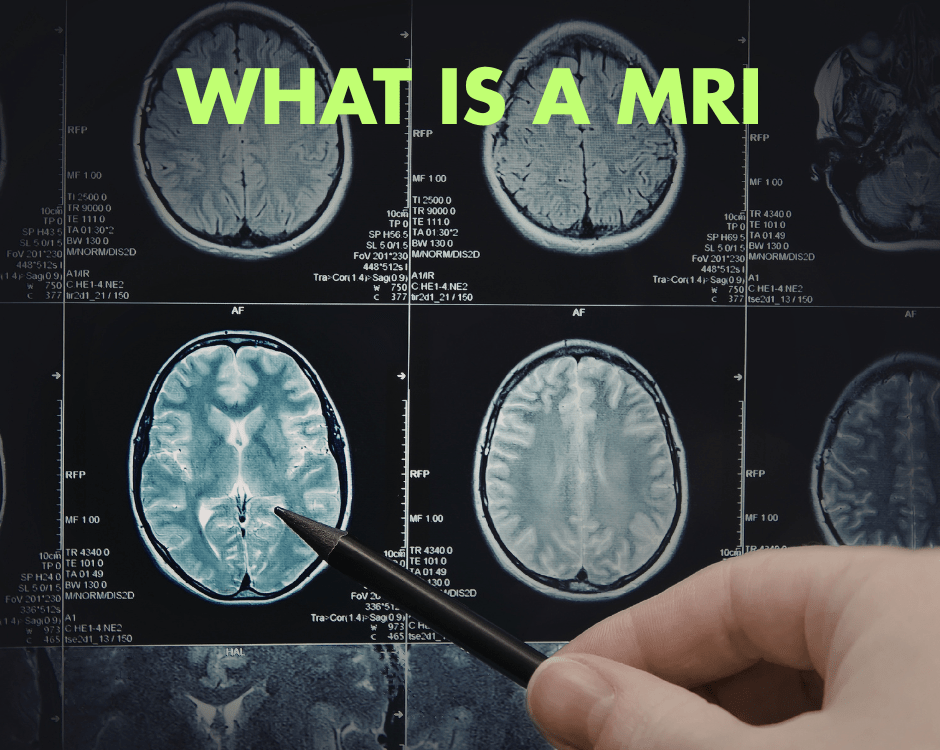How to Deal with Regular Brain Fog Vs. Brain Fog Post Accident

How To Deal with Severe Headaches or Sign of Stroke
June 27, 2023
How Soon Can You Expect Relief After a Morot Vehicle Accident?
July 5, 2023Regular Brain Fog vs. Brain Fog Following a Car Accident
Have you ever experienced moments when your thoughts feel fuzzy, and it’s hard to concentrate? That foggy feeling is called “brain fog,” and it can happen to anyone. Most of us have experienced some form of this from time to time but did you know that brain fog can be different after a car accident?
Regular brain fog can happen because of stress, lack of sleep, poor nutrition, or other medical conditions. It’s usually temporary and can come and go. Here are some things to know about regular brain fog:
- Difficulty Concentrating: It can be hard to focus on tasks or pay attention for a long time.
- Memory Problems: You might forget things easily or have trouble remembering information.
- Feeling Tired: Your brain might feel tired, and it’s hard to think clearly.
- Slower Thinking: It may take longer to process information or come up with ideas.
- Decreased Productivity: Brain fog can make it harder to get things done, affecting your work or daily activities.
I often see people following a car accident and their brain fog is different because it is caused by the physical and emotional trauma of the accident. There was no issue before the accident and now there is. Here are some things to know about brain fog after a car accident:
- Traumatic Onset: Brain fog after a car accident is directly linked to the trauma of the accident itself. The impact and emotional distress can affect your brain.
- Lasting Effect: While regular brain fog is usually temporary, brain fog after a car accident can last for a longer time, sometimes weeks, months, or even years.
- Specific Challenges: After a car accident, you might struggle more with attention, memory, and making decisions.
- Impact on Daily Life: Brain fog after a car accident can make it hard to work, drive, enjoy your family, socialize and do everyday tasks.
- Emotional Component: Brain fog after a car accident often goes along with emotional challenges like PTSD, anxiety, or depression. These emotions can make the brain fog worse.
If you’re experiencing brain fog after a car accident, there are some things that can help. Go get a thorough medical evaluation to check for any physical injuries that might be affecting your brain. You often will end up in an ER after the accident but that is only going to guarantee you are stable. Depending on your injuries, programs like physical therapy, occupational therapy, or cognitive therapy can help improve your cognitive abilities. Take time to rest and heal from the accident. Get enough sleep as this is when your body heals and repairs. Talk to your loved ones or see a mental health professional. Brain fog can happen to anyone, but it can be different after a car accident. Understanding the differences after an accident can help you know what to expect and how to manage it.
— This article is written by Aaron Workman, DC, one of the members of Chambers Medical Group’s team of car accident chiropractors who offer a variety of treatments and therapies ranging from diagnostic testing to various soft tissue therapies for car accidents and injuries in Kentucky.
–
Have you been in a car accident? If you or somebody you know has been in a car accident, be sure that you seek medical attention from a car accident doctor or car accident chiropractor to treat your injuries. Visit Chambers Medical Group to receive world-class medical treatment for your injuries.
Chambers Medical Group has car accident medical clinics in the following locations:
- Car Accident Medical Clinic in Tampa
- Car Accident Medical Clinic in Plant City
- Car Accident Medical Clinic in Brandon
- Car Accident Medical Clinic in Lakeland
- Car Accident Medical Clinic in Sarasota
- Car Accident Medical Clinic in Louisville
- Car Accident Medical Clinic in Lexington
- Car Accident Medical Clinic in Florence




